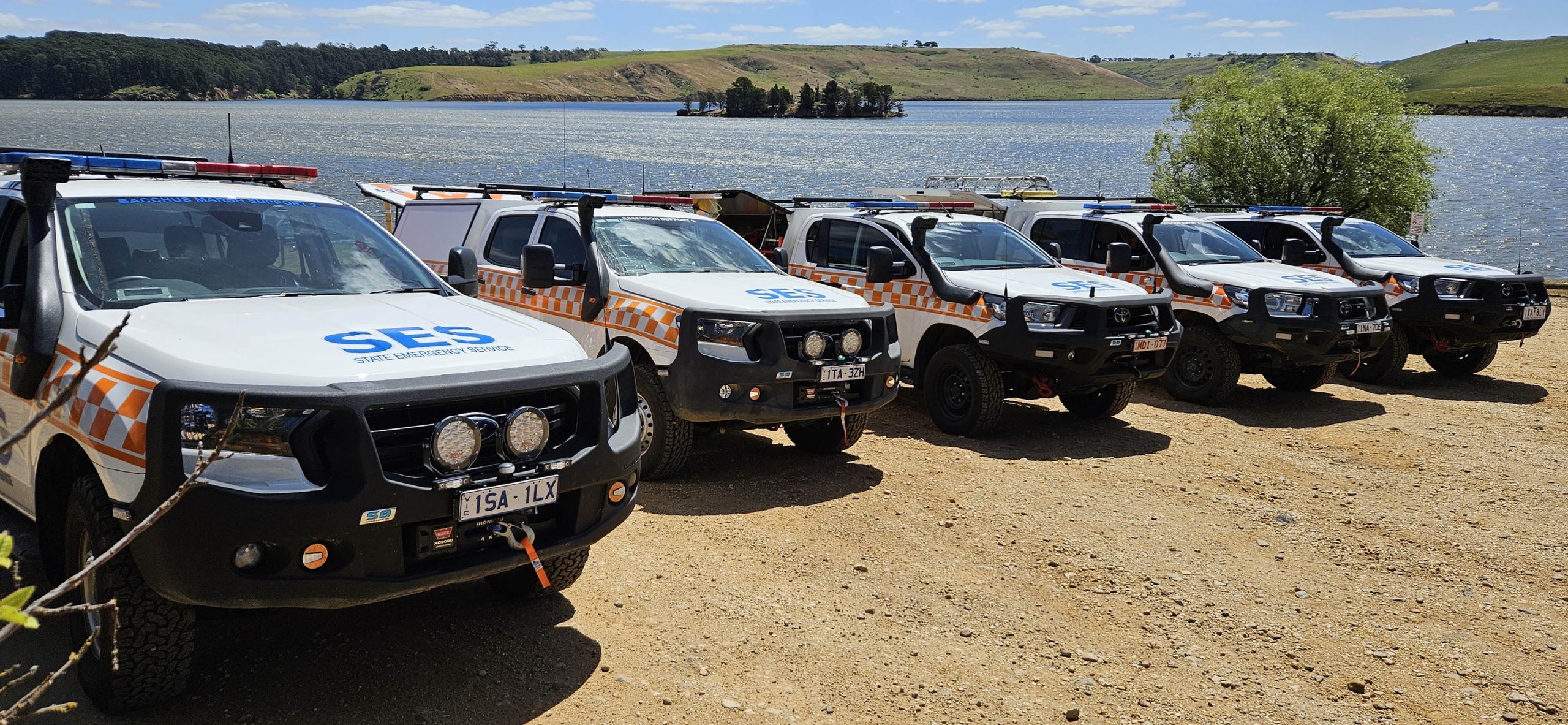The Victorian Government’s introduction of the Emergency Services Volunteer Fund (ESVF) has marked a significant shift in how emergency services are funded across the state.
While the new fund reflects long-overdue recognition of VICSES and its volunteers, the VICSES Volunteer Leadership Group (VLG) has expressed concerns about how the fund was developed and its impact on the very volunteers it aims to support.
The ESVF follows the sustained FUNDVICSES campaign, a volunteer-led effort driven by the VLG to secure fair, sustainable, and transparent funding for the Victoria State Emergency Service. The campaign, launched in 2023, called for a model that recognises the growing demands placed on VICSES and provides resources to ensure volunteers can continue serving their communities safely and effectively.
A Step Forward, But Not In Partnership
In a public statement to members, the VLG acknowledged that while the ESVF represents a step in the right direction for recognising VICSES’ funding needs, the fund’s design and implementation occurred entirely without VLG consultation. It was introduced and passed by Parliament independently of the volunteer community, despite calls for co-design and open dialogue.
“We welcome the recognition that VICSES requires greater financial support,” the VLG said. “However, the process was not inclusive, and the result is a funding model that places an unfair burden on certain groups — particularly those in primary production.”
Impact on Volunteers Who Farm
The VLG is particularly concerned about the impact the fund has on farmers and rural landholders, many of whom are also VICSES volunteers. Under the current structure, primary producers experienced the highest rate increases, raising questions about equity and fairness.
“To be clear, the VLG has never, and will never, publicly endorse the ESVF as it currently stands,” the group stated.
Advocacy for a Fairer Approach
The VLG is now actively engaging with the Treasurer’s office, government ministers, and members of the crossbench to push for a more balanced model. Their priority is a review of the rate applied to primary production land, along with broader reforms to ensure no one community group is unfairly burdened.
“Our goal remains the same: sustainable funding for VICSES that is fair, balanced, and does not unduly burden any one group in our community — especially the volunteers who give so much to it.”
The VLG continues to approach its advocacy with its core values of respect and positivity, reinforcing that constructive, volunteer-led reform is possible when all voices are invited to the table.

